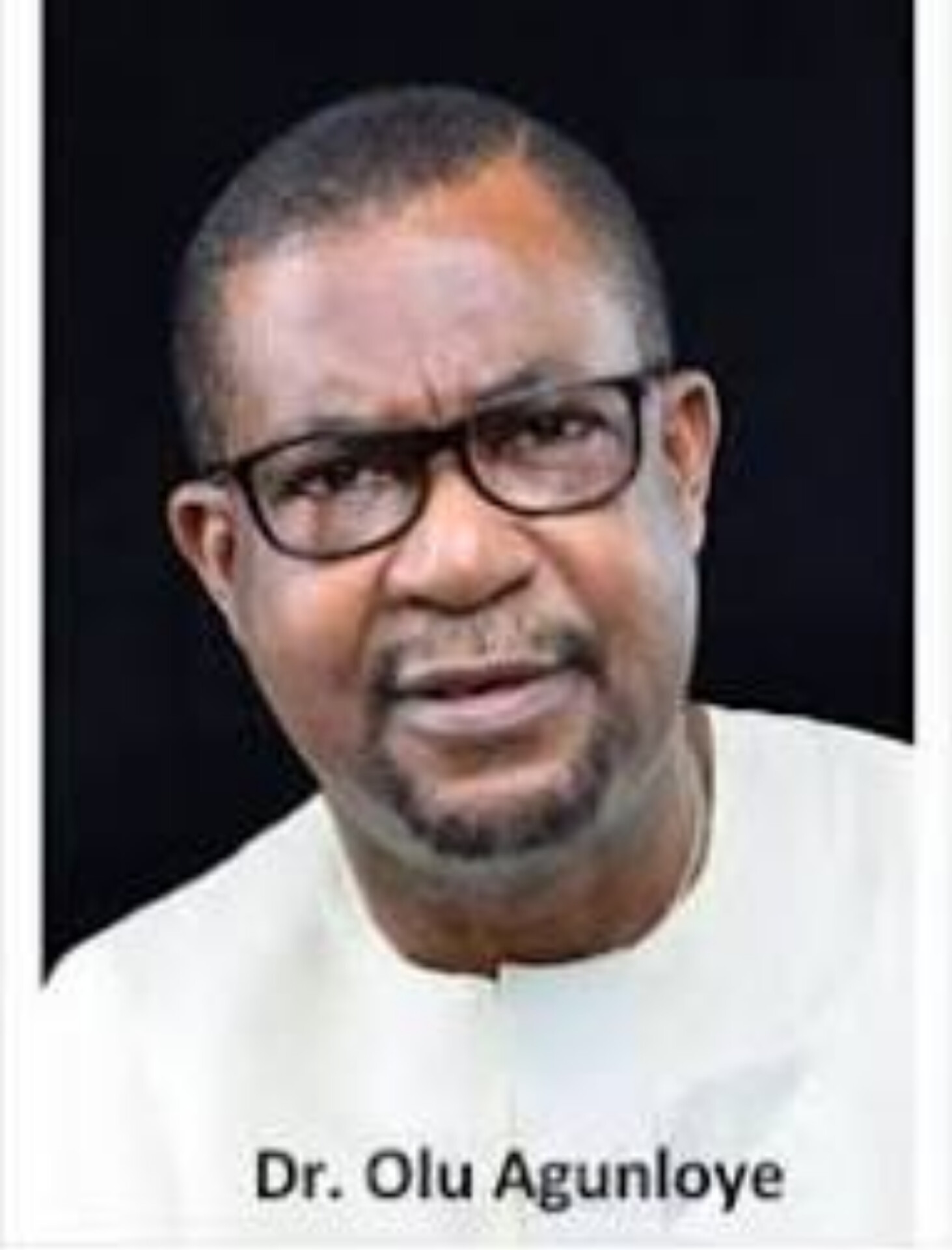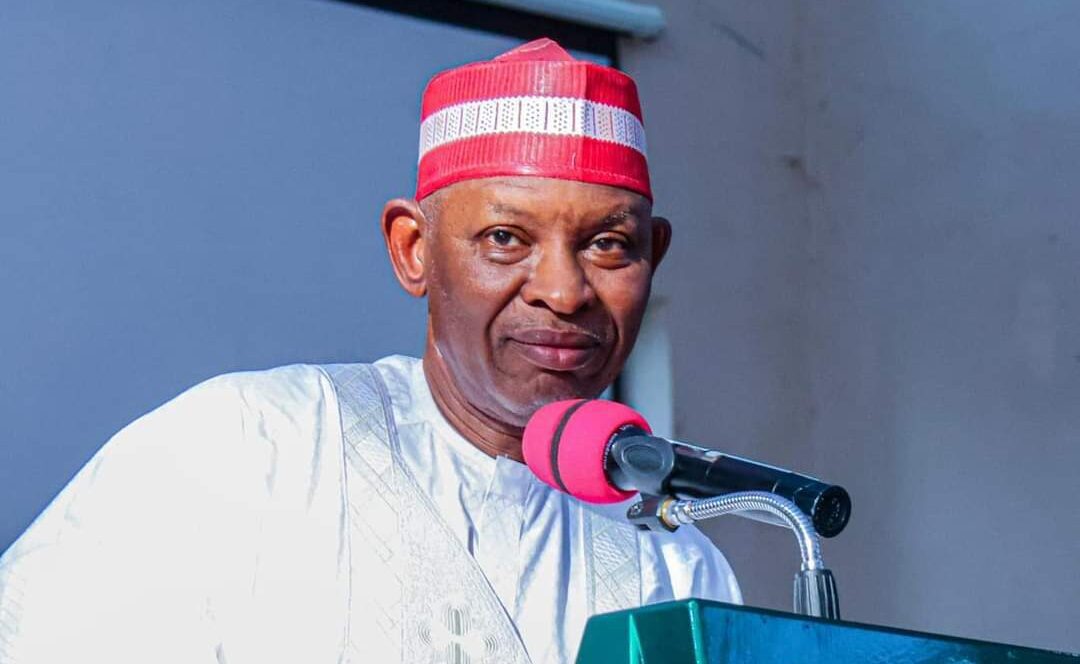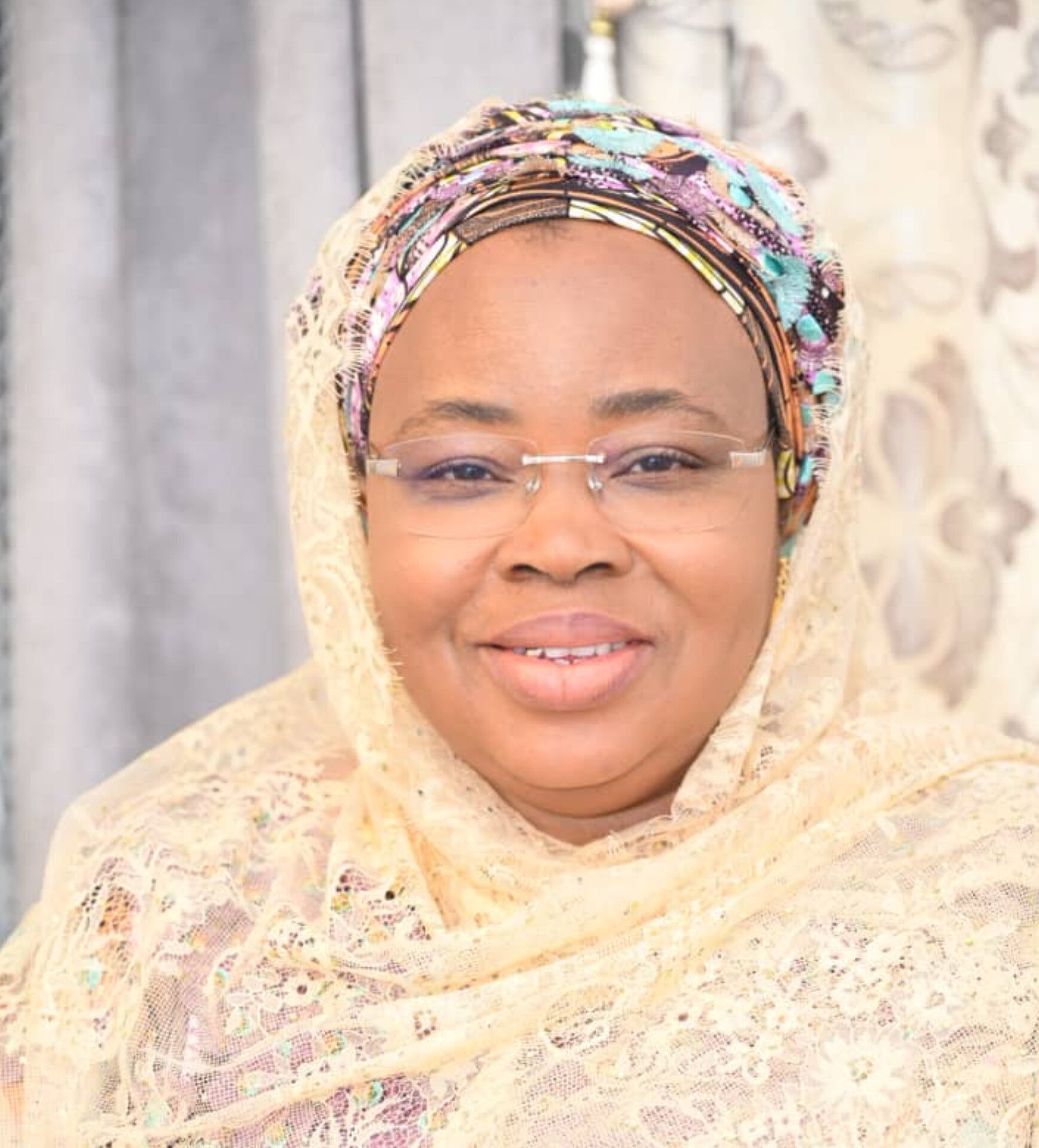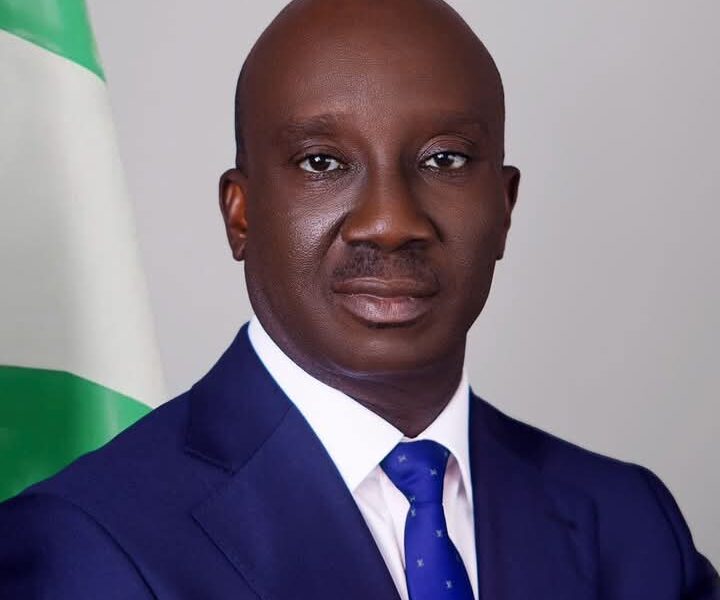By Mr. Elaye Youdeowei
The Agunloye Mambilla trial is of public interest because it gives an insight to the inner workings of government and a reflection of poor governance. It is laden with melodrama and manoeuvres of which the public needs much information and deeper understanding.
The Federal Government of Nigeria devised a criminalisation strategy to free itself from liabilities at the arbitration panel in France where it pleaded that “all the claims on the Mambilla project by Messrs Sunrise were illegal and fraudulently procured”, including the Sunrise’s Build, Operate and Transfer (BOT) contract of 2003, its procurement contract of 2012 and all Agreements signed with FGN in 2012 and 2020 because Ministers and government officials were corrupt and did not obey the sitting Nigerian Presidents. FGN then proceeded to criminalise all actions of officials on the Mambilla project except those under the Buhari’s APC Government whose actions actually led to the arbitration in France.
FGN has striven hard to make a ‘P&ID’ out of the Mambilla, but this is not sticking because Sunrise showed early preparedness for work by partnering with leading hydroelectric-dam construction companies in China and secured adequate funds; and is still ready to commence work on the Mambilla project. Also, the then President Obasanjo and his Ministers had official transactions for four years with Sunrise’s partners after the BOT contract was awarded in 2003. Sunrise’s readiness to execute the Mambilla project is also evident from the involvement of Chinese President Xi who told President Buhari to “formally engage or disengage Sunrise to access the Chinese funds which Sunrise secured for the Mambilla project”. FGN also attempted to use the ‘P&ID treatment’ on the Mambilla case, but civil rights lawyers rose against the criminalisation processes and procedures.
In respect of the criminalisation strategy, the issues that Agunloye must combat are the criminal charges for “awarding a $6 billion BOT contract without cash backing, disobeying oral directives of the President, forging his own letter and receiving a bribe of N3.6 million 16 years after.” He will also combat the emergent bias, prejudice, and prejudgment on the part of the trial judge and, in general, a lifetime struggle for justice and his civil rights.
The update at the courts so far is that Agunloye’s suit filed in June 2023 to stop EFCC from harassing him was not heard in time and was finally dismissed after EFCC had indeed harassed and arraigned him before the trial judge, Justice Onwuegbuzie, who later dismissed the amicus curiae intervention sought by Agunloye to enable “friends of the court” to appear before the court. Agunloye’s rights violation suit that the EFCC declared him wanted without judicial intervention and his libel suit against EFCC have been adjourned until 24 June 2024 and 16 October 2024 respectively. On 15 May 2024, Justice Onwuegbuzie dismissed the preliminary objection raised by Agunloye in a prejudiced, prejudged ruling and set 30 May 2024 for the commencement of the trial.

The thick bias of the trial judge, Justice Jude Onwuegbuzie, became exposed in the court on 15 May 2024 during which he appeared easily irritable and impatient. He scolded the defence lawyers for wasting his time with the motion on Amicus Curiae “to invite members of the public to my court” and then again on “the preliminary objection thing” and now “they are asking for time to enable the defendant to attend UCH (University College Hospital, Ibadan) for medical attention,” adding rather coldly: “He can attend UCH today and the court tomorrow.”
In his ruling of 15 May 2024, the Judge, revealed an uncanny bias by literally declaring Agunloye guilty of the allegations charged even before the commencement of the trial. This is akin to what Professor Glanville Williams, a world-renowned scholar of criminal law, described with “Let’s give him a fair hearing so that we may hang him” of an extreme bias of a judge that has made up his mind to convict an accused person. The prejudicial and pre-judgmental finding of guilt against Agunloye, when the trial has not begun or any evidence led, pointedly shows the unlikelihood of fair trial and manifest bias by Justice Onwuegbuzie.
After months of the Mambilla trial in Abuja, the following facts are staring at us in the face:
a. Chief Obasanjo’s grandstanding is all about covering up his infractions in the power sector during his eight-year tenure as President.
b. The defence of FGN in the Arbitration in France is “Deny, Criminalise, and Escape.”
c. The issues that led to the arbitration in France were under the Buhari’s APC Administration and Agunloye is not part of the international arbitration in any form.
d. Agunloye is being used as scapegoat-sacrifice in the hope that his conviction by a Nigerian court would absolve the FGN of its conduct under Buhari’s APC Administration.
e. EFCC, without a Fiat from the Attorney General and without compliance with its Establishment Act, arraigned Agunloye before a court angling for a conviction at all costs.
f. The bias of the trial judge, Justice Jude Onwuegbuzie, is palpable.
In all of these, Agunloye has consistently insisted that he did not commit any crime, and that Nigeria’s Presidents Obasanjo, Yar’Adua, Jonathan, Buhari, and Tinubu know about his innocence and that FGN is prosecuting him to corroborate its pleas at the arbitration in France. This is why people are saying that FGN wants to convict Agunloye to free itself from liabilities in the Arbitration even though FGN knows that the issues that led to the international arbitration were caused under Buhari’s APC Government and not by Agunloye.
The Mambilla case is of public interest and a “political case” even though FGN calls it a “criminal case.” Eminent local and foreign civil rights icons and activists became frantic when the bias of Justice Jude Onwuegbuzie was revealed in his own ruling prompting the establishment of a Worldwide Crusade against the re-enactment in Nigeria of what Glanville Williams denounced as “Let’s give him a fair hearing so that we may hang him”.
Mr. Elaye Youdeowe
UK Truth and Justice Group




